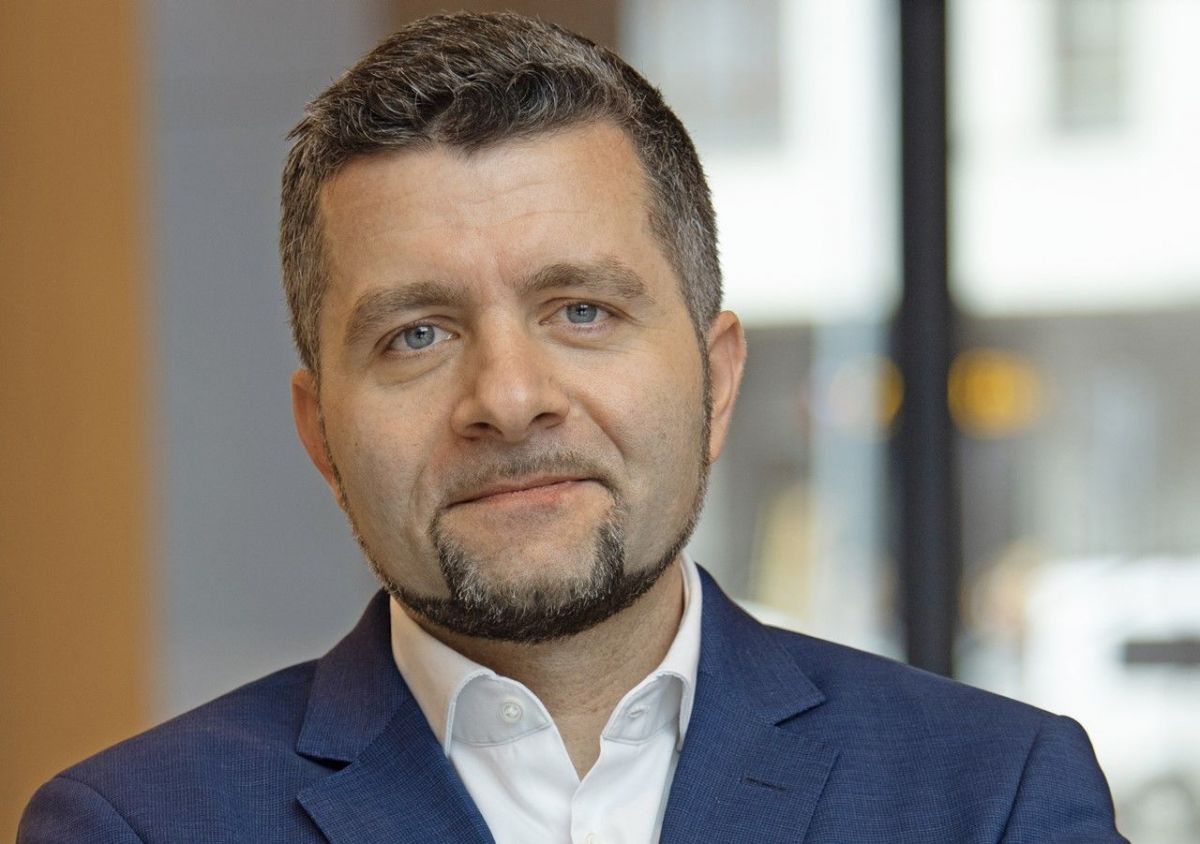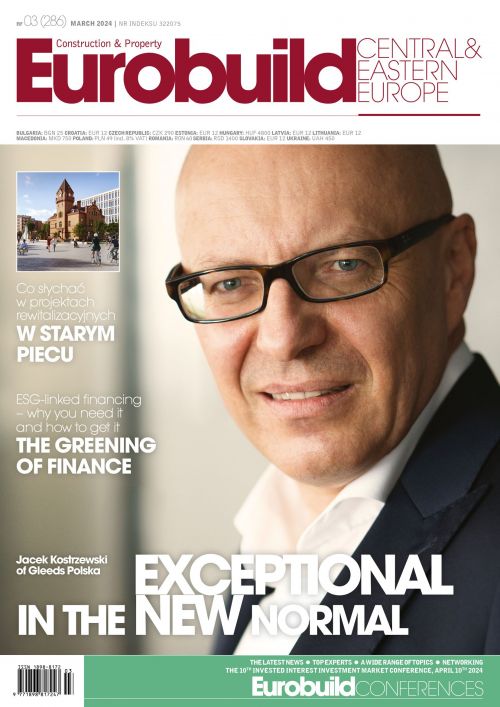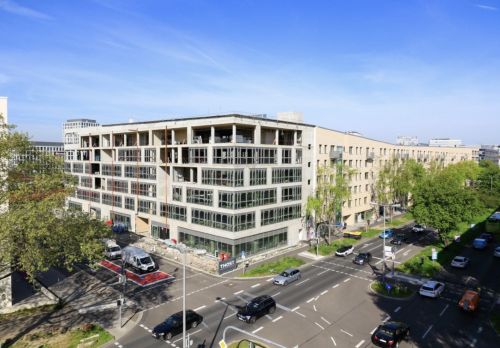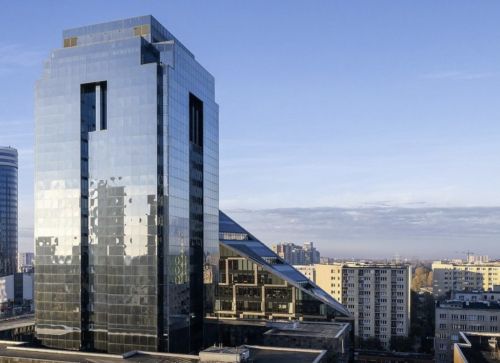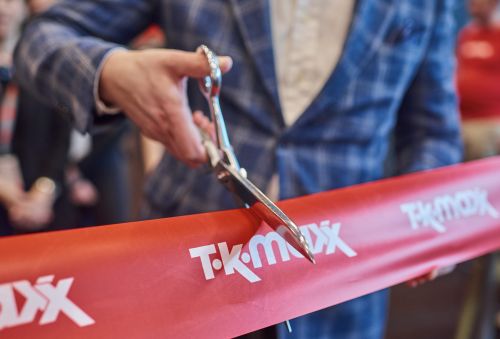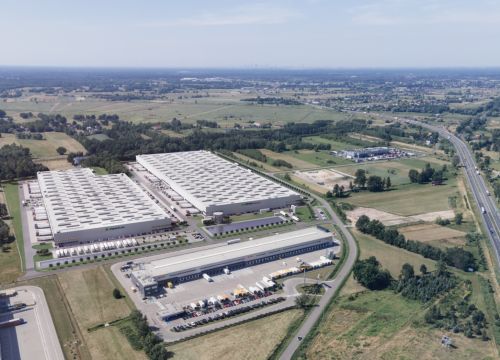Tomasz Cudowski, Eurobuild CEE: Let’s start with a hot topic – that Warsaw land transaction at the end of December when a plot next to Imielin metro station was sold at auction for an astronomical sum. Do you regret that it wasn’t Yareal that bought it?
Jacek Zengteler, chairman of the board of Yareal Polska: We attended the auction and, of course, I regret that we were unable to buy the plot, because it is well located and covered by a spatial land plan for the construction of residential buildings. Plots with such zoning and with good addresses are a rare occurrence these days, However, we stopped trying to raise the bid at the right moment, because eventually it reached a level that seriously raises concerns about the future success of the project. A few back of the envelope calculations show that the cost of one sqm of useable space in this project will come to PLN 9,000 for just the purchase of the land – and that’s before the construction, which wi
